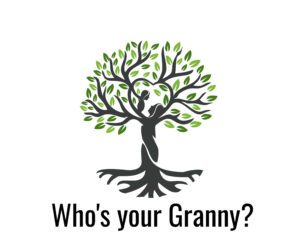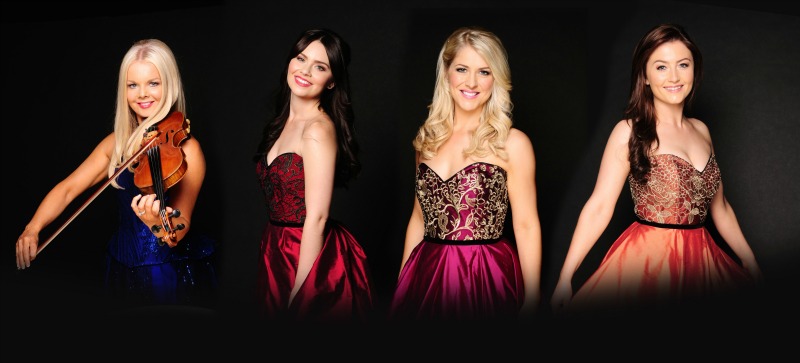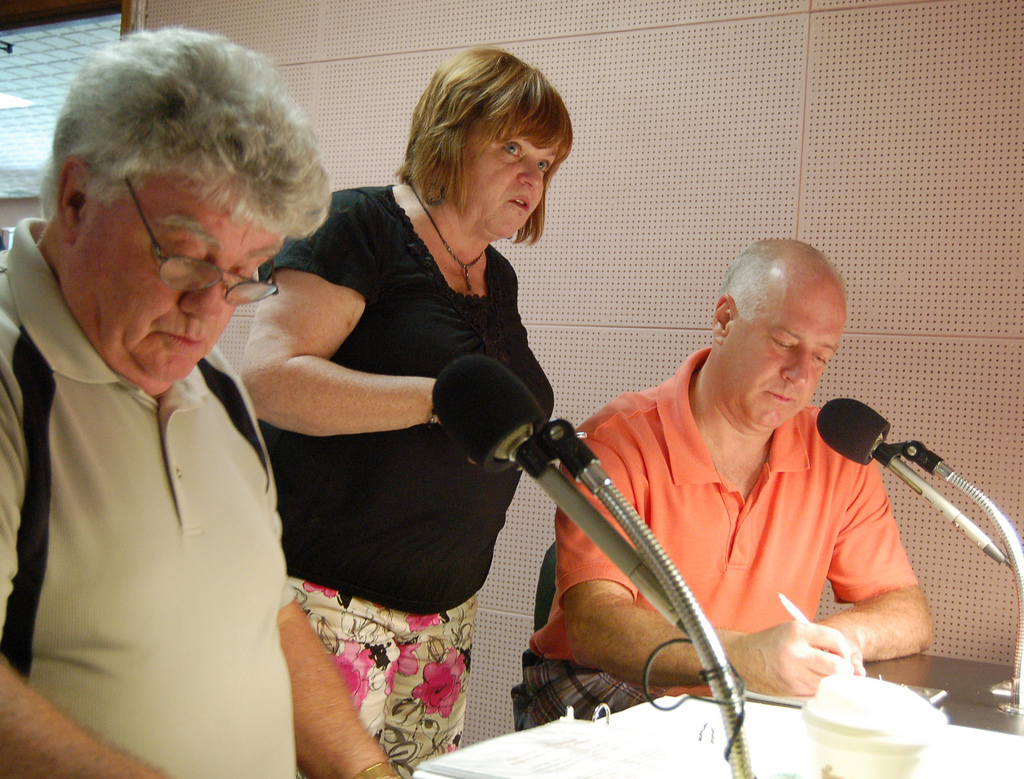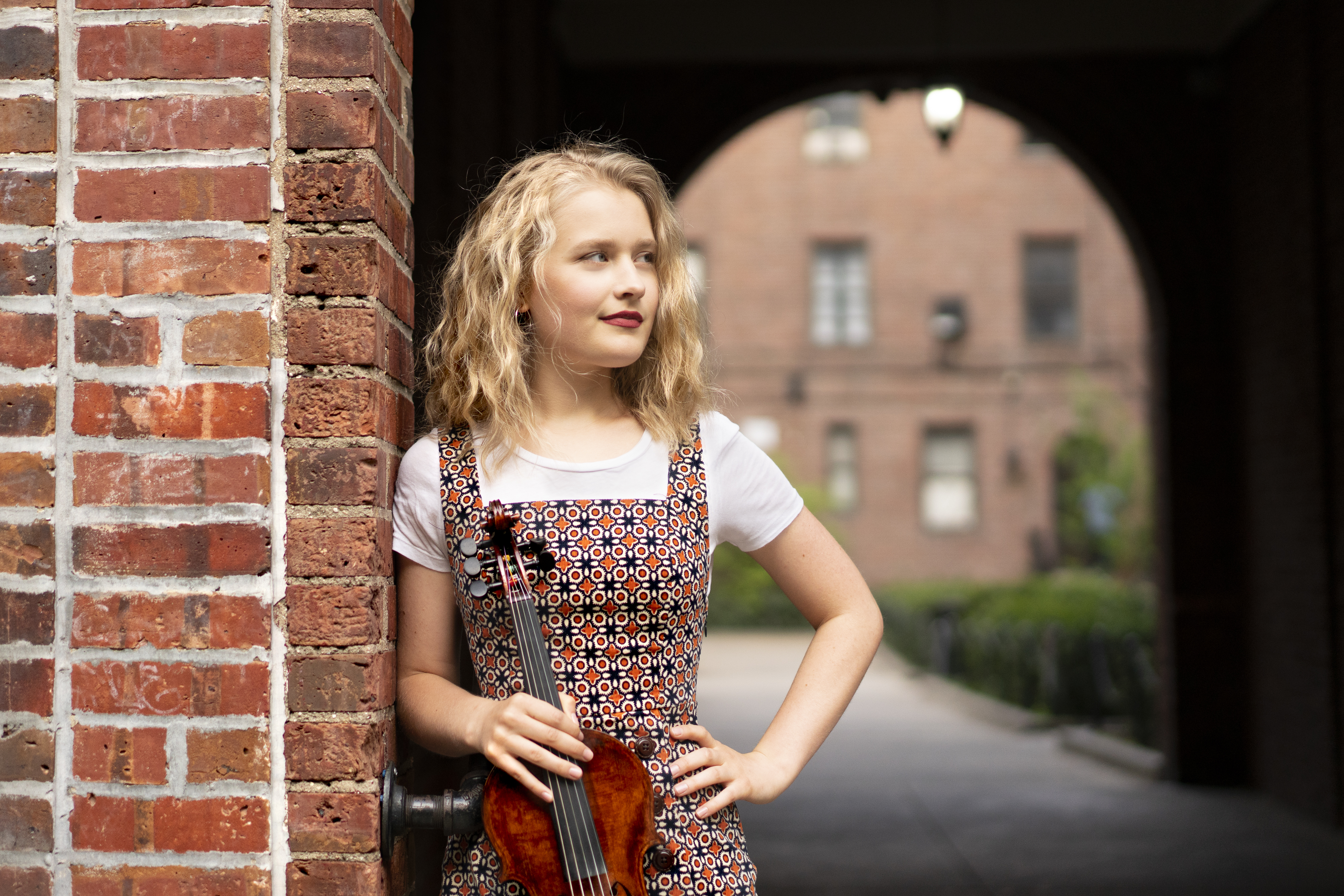 irishphiladelphia.com’s genealogy maven Lori Lander Murphy returns with another installment of Who’s Your Granny (with occasional editorial comment from her dog Daisy).
irishphiladelphia.com’s genealogy maven Lori Lander Murphy returns with another installment of Who’s Your Granny (with occasional editorial comment from her dog Daisy).
DNA testing is becoming more popular. There are many DNA testing services, and all employ different methods. Consequently, they may render different results. Some of them are more strongly focused on finding your family history, and some aren’t.
If you’re a genealogy beginner, what do you need to know?
Lori explains.
Jeff: Well when it comes to checking out your ancestry, DNA testing is really popular right now. What are the advantages of DNA testing and what exactly does it tell you?
Lori: Well, probably the primary advantage from a genealogical point of view is that you are going to vastly increase your number of potential matches and ancestors and your family lines. What it can tell you is who your cousins are, who your matches are, where your ethnic origins are. What it can’t tell you all the time is how exactly you match up to these matches. That’s where it becomes a combination of DNA plus good old-fashioned research. I look at DNA as a tool. It’s a very important tool and without it I would not know so many of the things that I know now about my family, but again it is just part of the whole picture.
Jeff: Right, so it doesn’t show you everything.
Lori: Correct.
Jeff: Right.
Lori: For instance, theoretically when you look at your matches, especially when they’re closer matches and you know these people or you know how you’re related, it comes together, and it lets you know that you’re on the right track. It’s not foolproof because DNA is not perfect. It can tell you who your matches are but there’s no rhyme or reason, that I know of at this point anyway, as to how we inherit the DNA that we inherit. For instance, my aunt, my dad’s sister, both my dad and his sister have tested for me and recently I was contacted by a cousin who I know for a fact, she’s a second cousin, flat out second cousin to my dad and my aunt. I know for a fact exactly how they’re related. They’re second cousins and it’s a very clear picture. They shared great-grandparents and their grandfathers were brothers and their fathers were first cousins and there’s no funny business and there’s no weird mystery ancestor in there.
However, this cousin, this second cousin to my dad and my great-aunt comes up on Ancestry DNA as a fourth cousin to my aunt, fourth cousin, which is a whole different kind of distance. It’s the distance between sharing great-grandparents and sharing third great-grandparents. Most people know who their great-grandparents are. Many people have no idea who their third great-grandparents are. I looked at this and I said, “Well, this seems weird,” and then I realized that this second cousin does not even come up in my dad’s matches. That’s weird. There’s no explaining that. Like I said, there’s a perfect paper trail and we know who these families are, we know that the fathers were who they said they are, their grandparents are who they said they were, but this second cousin is actually 49 percent Italian based on her mother. She inherited more of her mother’s DNA than her father’s DNA, so that is reflected in how much DNA she shares with my aunt, how much DNA she shares or doesn’t share with my dad.
That’s why you have to be careful with your DNA matches and not always take them literally. Now this explanation is kind of what I call the non-scientific explanation, that’s a whole other podcast, what I call the counting chromosomes scientific approach to DNA. At this point I am not qualified to do that, but the approach that I take to it is that it’s a tool and I use it that way. There is a range of chromosomes that are shared at the different levels, so there’s a range that you would share with a first cousin, there’s a range of DNA that you would share with a second cousin, things like that. You could be at the low end or you could be at the high end, but it is definitely very highly unusual to come up as a fourth cousin match to your second cousin, but not impossible. This to me is the major, major shortcoming with the DNA matches.
Jeff: There are a lot of DNA tests on the market, what would you say are the top three?
Lori: Well I think there’s actually four that I have to talk about, and just briefly because it depends on what you want to get out of the tests. There’s four that I have dealt with mainly and that is Ancestry, Family Tree DNA, 23 and Me, and My Heritage. Again it depends on what your reasons are for doing the DNA. 23 and Me is known primarily as being the DNA company where you can find out your health risks. If you’re at risk for this gene, or it actually tells you things like oh do you have dimples, do you have blue eyes, do you have curly hair. It looks at your genes from that point of view. Now you can also find matches on there but it’s not a site that’s really set up to facilitate finding your matches. There’s no real family trees with it. People don’t put their family trees on there. They can, but they don’t usually. You have to contact someone and hope they see the message and you may or may not get a response. I don’t use 23 and Me for finding cousins or finding family.
That is the primary reason I think that people do DNA tests. Well, there’s two. The first would be they want to know their ethnic origins. You can find that out from any of the companies. They all use slightly different algorithms and slightly different methods and have a different pool of matches to compare to, so you’re going to get slightly different results for each one. Now I believe it’s 23 and Me that will tell you if you have Neanderthal DNA in you, which is an interesting thing and I would like to find that out. How much Neanderthal am I? That won’t necessarily find you your cousins, it’ll just tell you what your ancestors-
Jeff: Unless your cousin was a Neanderthal.
Lori: That’s true, and I’m not commenting on that. (Laughs.) In terms, then, of finding your origins you’re going to get slightly different results, but they’re all going to be generally accurate, and they all kind of tweak their algorithms every once in a while. For instance, Ancestry a few months ago changed how they figured out what your origins are and it significantly changed a lot of people’s results and it’s confusing to people because it’s like how can I have 15 percent Scandinavian a month ago, but now you’re telling me I don’t have any Scandinavian in me? Again, that just gets into the migration patterns and that the more people that have tested they can narrow it down and say, “Well, yes, maybe 500 years ago your ancestors were from Scandinavia but you were matching up to a pool of people that went from Scandinavia to England at some point.
You’ve got to, again, take it with a grain of salt. Is there any way to say which results are the most accurate? No, because we don’t know every single ancestor and where they came from. Again, it’s like a fun thing to know but don’t live and die by it. The other main reason, and the main reason for me that I appreciate DNA, is for finding family. Within that, there are different sub-categories. Some people are wanting to break through a brick wall. They know a lot about their families but they got to a certain point and the research just isn’t there. There are no marriage records, there are no census records, it might be 1840 and they want to know who else do they match that they can kind of share their results with and maybe find some new great-grandparents back there.
Then there are people who are looking for biological family. That is happening more and more frequently now. Someone’s adopted or someone doesn’t know who their father was and they turn to one of these companies or all of these companies to find some matches. It’s definitely a great resource for that. Along with that, though, sometimes people do the test to break through the brick wall and end up finding that they are now looking for their real biological family because their matches are not what they thought they would be.
Jeff: How common is that?
Lori: I have no scientific data to back this up, just my own experience, but I get contacted by matches, it might average out once a week or once every two weeks, by somebody looking for biological family or surprises. I’ve been helping one of my cousins on the other side of her family that we don’t share. Recently, and she doesn’t know much about them, she just knew some basic names and that was it and I did the research. I was recently contacted by someone who was a DNA match to somebody else that I’ve tested, somebody who doesn’t know my cousin, has nothing to do with my cousin. But when they sent me the message saying they were looking for this family, all the names in the family were matching up to my cousin’s family. I wrote them back and I said, “Hey,” I said, “I’m actually more interested in how you would match my cousin than this other person.
Well, what I soon realized was my cousin is not a biological match to the person that contacted me, even though on paper they would be first cousins. That sounds crazy, I know, right?
Jeff: Yes.
Lori: We start looking into it and I realize that my cousin’s maternal grandfather could not have been her biological grandfather, there was no way because that’s how she should have matched this other person who contacted me. They should have been biological first cousins on that side and they weren’t. This is ongoing right now, so this is something that I’ve been researching for the last week or so. Now, my cousin is not personally affected by this because she didn’t know her grandfather, he died before she was born, so it’s not like she is devastated to learn that the man who was her grandfather is not her grandfather. It’s more of a curiosity thing because she knew so little about this family that it’s like, “Wow, well that’s interesting. Well, then, who was he?” That’s kind of what I’m working on now is looking at her matches and see if I can figure out what the story might have been, who her grandmother might have been having a relationship with that was not her grandfather. Those are the kinds of things that come up.
Jeff: What tests do you use and why? Obviously you’re not out there to endorse any particular test, but what do you use and why do you use it?
Lori: Okay, well, I will say that my go-to test is Ancestry. Now, the other two companies that I find that I use a lot are My Heritage and Family Tree DNA, but I have actually found matches on My Heritage and I have had them do another test through Ancestry, and I’ll explain why. Ancestry is set up primarily to connect people, to connect families, to connect distant cousins matches, to help you break through the brick walls. Many people, if not most, but many people who have done Ancestry DNA have attached a family tree, and it’s self-reporting, and it could be wrong but it’s still a family tree so you get an idea of how you’re related to them.
Also, because so many people have tested on Ancestry you get more matches, you get more results. Another very important reason why I like Ancestry is that Family Tree DNA and My Heritage will allow you to take your ancestry results, download them to your computer, and then upload them to their websites. You can’t do that in reverse. Ancestry doesn’t let anybody from another company post their results onto Ancestry. If you want to see your Ancestry results then you have to test through Ancestry. Like I said, you can then upload your results to My Heritage or Family Tree DNA and expand the number of matches that you have.
For instance, if you’re looking for relatives from other countries, for a long time it was very expensive, I had heard, in England and Ireland to do an Ancestry test. It wasn’t really being marketed to people in England and Ireland. They were more using 23 and Me or My Heritage to do their tests. If you’re looking for an Irish cousin, maybe you want to do the Ancestry test over here and then upload the results to My Heritage because then you might find more, more people, more matches that way. It makes Ancestry more user-friendly for the reasons that I use it and for the reasons who are seriously into genealogy and want to find more matches would use it.
Jeff: All right, well this has all been great and really useful. I hope it helps people out there at least get a start in DNA testing. We’ll probably be back before you know it with some other ideas that people can think about and go from there.
Lori: That sounds great. Thanks Jeff.
Jeff: Thank you.



